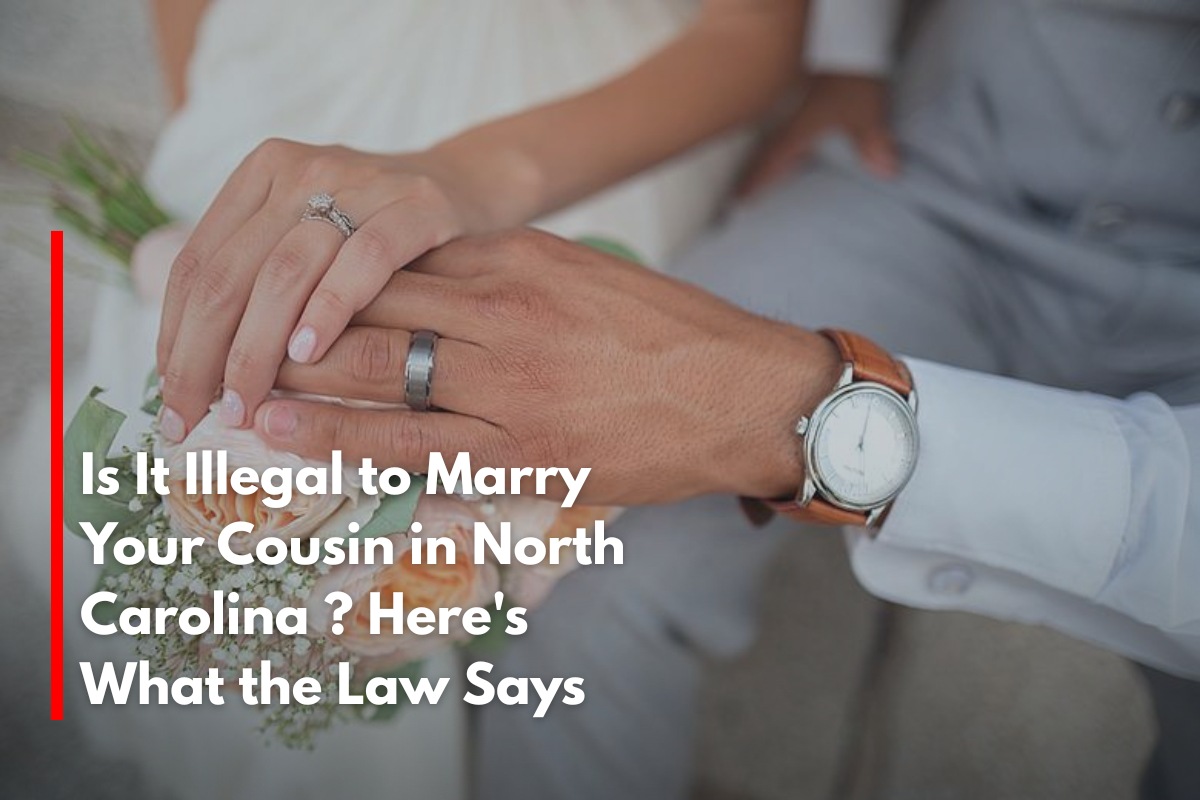In North Carolina, marrying your cousin is largely legal but comes with specific conditions and exceptions. The state law permits marriages between most cousins, making it one of the more permissive states regarding cousin unions in the United States. Understanding these legal details helps clarify what kinds of cousin relationships are allowed and which are prohibited.
Legal Status of Cousin Marriages in North Carolina
North Carolina law allows first cousins to marry, provided they are not “double first cousins,” a rare familial relationship where two siblings from one family marry two siblings from another family, making their children cousins on both parental sides. Marriages between double first cousins are specifically prohibited due to closer genetic ties.
What Are Double First Cousins?
Double first cousins occur when each parent of one cousin is a sibling to each parent of the other cousin, increasing genetic relatedness beyond standard first cousins. This unusual circumstance is the only close cousin relationship forbidden by North Carolina law.
Other Cousin Relationships Permitted
Beyond first cousins, North Carolina also permits marriages between:
These distinctions reflect the law’s effort to balance genetic health concerns with cultural acceptance of cousin marriages.
Marriage Requirements and Process
To marry in North Carolina, couples—including cousins—must apply for a marriage license at the county Register of Deeds office. There is no residency requirement, so out-of-state cousins may marry legally in North Carolina even if their home states prohibit such unions.
The application typically does not explicitly ask about familial relations, but applicants must be truthful if specifically questioned. The minimum age is 18, with allowances for emancipated minors or those with parental consent under 18.
Legal Restrictions on Closer Relationships
Marriages between closer relatives, including siblings and half-siblings, are illegal in North Carolina. The law uses a specific framework to identify prohibited degrees of kinship, counting half-blood relations as equivalent to whole-blood in closeness. Thus, cousin marriage represents the boundary where legal unions are allowed while closer family relationships remain prohibited.
Cultural and Historical Context
Historically, cousin marriages have been relatively common in parts of North Carolina and the Southern United States, often reflecting cultural traditions. The state’s exceptions and allowances for cousin marriages align with this history, balancing modern genetic understanding and social norms.
In short, North Carolina allows marriages between first cousins, except for the very close and rare case of double first cousins. Other cousin relationships such as half first cousins and second cousins are also legal. The state does not explicitly restrict cousin marriages beyond these limits, making it one of the states where marrying a cousin is permissible under state law.
Understanding these nuances helps those considering marriage to a cousin navigate North Carolina’s legal landscape confidently.
Sources
(https://en.wikipedia.org/wiki/Cousin_marriage)
(https://www.aol.com/news/keeping-family-marry-first-cousin-175022744.html)
(https://dataminingdna.com/can-first-cousins-marry-in-north-carolina/)
(https://www.nccourts.gov/help-topics/divorce-and-marriage/marriage)
(https://www.ncbar.org/wp-content/uploads/2020/06/marriage-in-nc.pdf)











